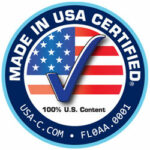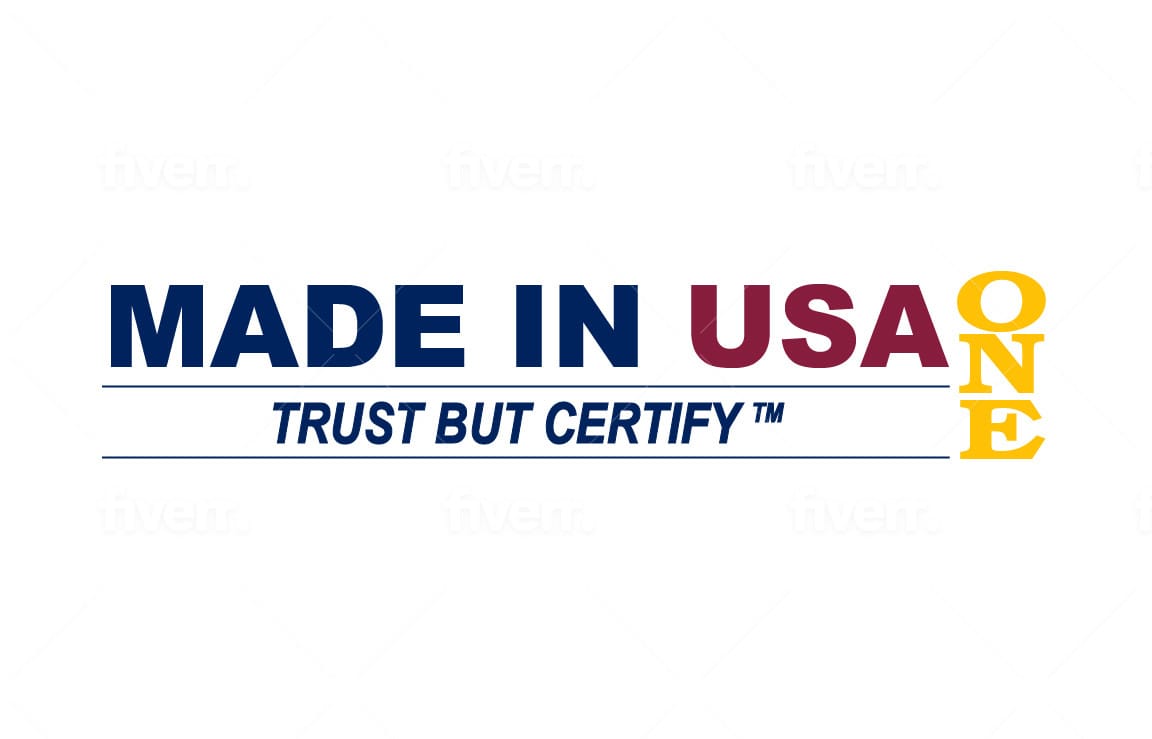The Importance of Made in USA Certification
The “Made in USA” label carries significant weight in today’s globalized market. It’s not just a marketing gimmick; it’s a mark of quality, trust, and national pride. However, the rise of misleading claims has necessitated strict guidelines and regulations.
FTC’s Guiding Light
The Federal Trade Commission (FTC) staff issued new guidance on approaching Made in USA claims in early July. This guidance aims to help businesses comply with the FTC’s “all or virtually all” standard, including making disclosures that qualify a Made in USA claim. It represents the Staff’s view and is not formally approved by the commissioners.
According to an Enforcement Policy Statement issued in 1997, the FTC stated that to make a Made in USA claim, “all or virtually all” of a product had to be made in the USA. In 2021, the FTC finalized the Made in USA Labeling Rule, codifying this standard for product labels. Regardless of industry or product type, marketers are subject to civil penalties if they improperly use an unqualified Made in USA claim on product labels.
Marketers are not required to disclose the amount of U.S. content in their products except for automobiles, textiles, wool, and fur products. However, if they choose to make claims about the amount of U.S. content, they must comply with the Made in USA Labeling Rule for express and implied claims on the product label.

The Gap in Regulations and Its Impact
Despite these clear guidelines, the market has been rife with misleading claims. For instance, a company might assemble a product in the U.S. but import most of its parts, creating a false impression of American manufacturing. This lack of stringent enforcement has led to consumer distrust and an uneven playing field for genuinely American-made products.
Unhealthy Market Events
Unregulated claims have hurt consumer trust and led to unhealthy market practices. Remember the scandal of a certain company claiming its products were made in the USA when assembled from predominantly foreign parts? Such incidents underscore the need for robust certification systems to protect consumers and honest manufacturers.
Enter Verity One: Blockchain to the Rescue
This is where Verity One steps in. By leveraging blockchain technology, Verity One ensures that Made in USA claims are not just words but verified truths.
How Blockchain Solves the Problem
Blockchain’s decentralized and immutable ledger allows transparent tracking of a product’s journey from raw materials to the final product. Every manufacturing process step is recorded and cannot be tampered with, providing indisputable proof of where and how a product was made.
Verity One’s Collaborations
Verity One has partnered with giants like Ripple and Polygon to enhance their blockchain capabilities. Ripple’s technology facilitates seamless and secure transactions, while Polygon ensures scalability and efficiency. Together, they create a robust system for certifying and verifying the authenticity of Made in USA claims.
AI-Powered Certification
Verity One doesn’t stop at blockchain. Incorporating AI technology, they certify, track, and trace products with unparalleled accuracy. AI algorithms analyze vast amounts of data to ensure compliance with FTC guidelines, making the certification process efficient and foolproof.
Fun and Trustworthy: The Future of American Manufacturing
In a world where trust is currency, Verity One is revolutionizing how we perceive and verify Made in USA products. By combining the power of blockchain and AI, they are setting new standards for transparency and trust in manufacturing.
So, the next time you see a Made in USA label, you can trust that it’s not just a claim but a verified fact, thanks to the innovative solutions by Verity One. As we move forward, it’s clear that taking American manufacturing seriously isn’t just good for business; it’s essential for building a trustworthy and sustainable market.

